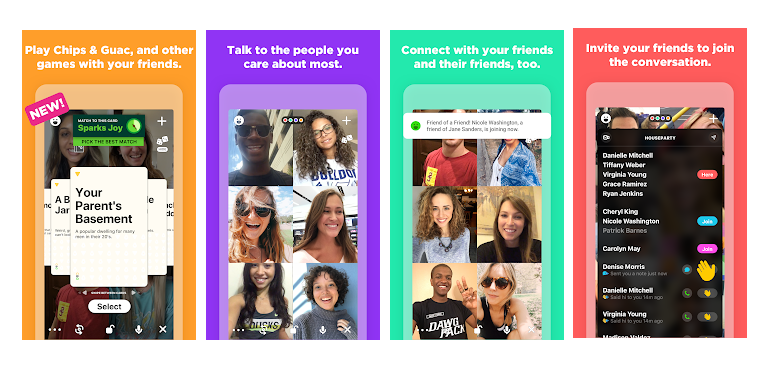Finding love in lockdown, and other crazy new ‘Rona’ trends

All of those lovely singles are likely to be snapped up soon. Pic: Getty
The breakout of a pandemic and the sudden need to avoid other people has made it somewhat difficult for singles looking for love, while others are scrambling for the door.
But people are adapting, and lockdown has inspired a new way of dating.
In fact, lockdown dating has become so ‘normal’ there’s even a series about it.
One of the first stories of ‘love in lockdown’ to emerge was that of New York photographer Jeremy Cohen, who saw the girl of his dreams, Tori, dancing on a neighbouring rooftop.
But just how do you get someone’s attention when you can’t really just pop on over and say hi? In Jeremy’s case he taped his phone number to a drone and flew it over to the mystery woman.
Lucky for him she texted and what later ensued was an iso long-distance rooftop dinner date over facetime and eventually a face to face meeting, but with Jeremy adhering to social distancing rules, of course, by rolling across the street in an inflatable bubble.
He didn’t come empty handed either, bearing gifts of flowers and hand sanitiser that he couldn’t give his newfound crush because they were in the bubble with him (didn’t think that through).
https://www.instagram.com/p/B-Pj59zj36R/?utm_source=ig_embed
Online dating goes for a record
The Inner Circle, a dating site for young professionals, has suggested new ways of online dating during COVID such as setting up a video call, playing an online game together, or swapping movie recommendations.
If you thought online dating was big before the ‘Rona’, think again.
According to the Sydney Morning Herald, the number of matches made on Inner Circle spiked by 64.5 per cent in Australia between mid-March, when stricter travel restrictions started to be introduced, and early May. The number of matches globally jumped 99 per cent.
The number of messages sent via the dating app by Australians skyrocketed 140 per cent over the same timeframe, while globally that number increased 116 per cent.
Other online dating sites like RSVP have also seen an increase in members and activity.
And on March 29 Tinder recorded more than 3 billion “swipes”, an all-time high, according to Economic Times’ tech.com, while rival app Bumble saw the number of messages sent increase by 26 per cent over a two-week period in March in the US.
The new social
With COVID also came new ways of socialising, like Epic Games’ app Houseparty – a face to face social network that allows multiple friends and family members to keep in touch at the same time and play games.

The app was launched under a pseudonym in February 2016 but in October the same year became known as Houseparty.
It wasn’t until COVID-19 hit that its popularity soared. Popular fashion mag Vogue labelled it “the quarantine app you need to download immediately.”
It became the sixth most downloaded free app in the US, and the most downloaded app in New Zealand, Canada and the UK.
Possible baby boom?
With COVID-19 has come other new trends, such as a spike in the divorce rate and speculation on whether there will be a baby boom in nine months’ time.
Indonesia may be bracing for a baby boom, with ABC News reporting one senior government official is predicting hundreds of thousands of babies will be born during the pandemic, but other sources suggest the situation is unlikely to inspire people to get pregnant.
In fact, experts reckon COVID will lead to a drop in the birth rate.
Liz Allen, a demographer from the Australian National University, told ABC News uncertainty and scarcity were likely to reduce the birth rate as individuals, couples and families decided to delay, postpone or forego having a child.
That may explain the sudden spike in sex toy sales…
At any rate, let’s hope those poor babies that do happen to pop out in nine months’ time don’t end up with some crazy name like ‘COVID’, ‘Corona’ or even ‘lockdown’.
COVID actually appears to have become quite popular — I kid you not, these are actual names given to children born during the pandemic.
UNLOCK INSIGHTS
Discover the untold stories of emerging ASX stocks.
Daily news and expert analysis, it's free to subscribe.
By proceeding, you confirm you understand that we handle personal information in accordance with our Privacy Policy.








